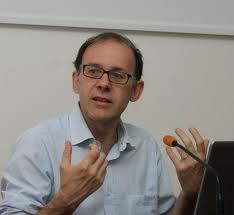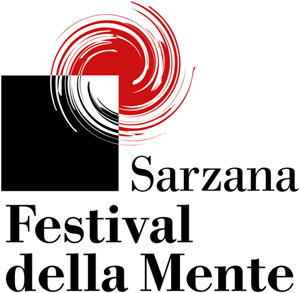2011 Programme
Evento n.32
Gianpiero Dalla Zuanna
Regretting the families of yesteryear?
Repeatedly evoked by all the actors of civil society and by politicians, the family is the true foundation myth of Italian society. But is the family really declining or doomed as many claim? What statistics show is that the family is changing, but remains the basic unit of all Western societies, in particular the Italian one. Unlike those of central and northern Europe, Italian families are held together, first and foremost, by strong blood ties that increasing affluence has not at all weakened. What we have seen in the past century is a radical change of the motives for creating a couple: from mutual interest (or family interests) to mutual attraction (the romantic couple), to alternative forms of marriage. But these changes are something that Italy shares with other affluent countries.
is a professor of Demography at the University of Padova and a Senator of the Republic affiliated with the Democratic Party. For years he has studied the European and Italian demographic system, with a particular focus on the analysis of familial changes and second-generation immigrants. With Laterza he has published Cose da non credere. Il senso comune alla prova dei numeri (2012, con Guglielmo Weber) and Tutto quello che non vi hanno mai detto sull’immigrazione (2016, con Stefano Allievi).
Evento n.6
Zygmunt Bauman
Reflections on the notions of community and network, on social networks and Facebook

Evento n.14
Gian Carlo Calza
Different, eccentric, extraordinary: aesthetics and creativity between Asia and the West

Evento n.26
Franco Borgogno
In other people’s hearts and minds. A psychoanalyst between tradition and creativity

Evento n.37
Sonia Bergamasco, Fabrizio Gifuni
A quiet sunny day. Attilio Bertolucci and Pier Paolo Pasolini, a friendship in verse























